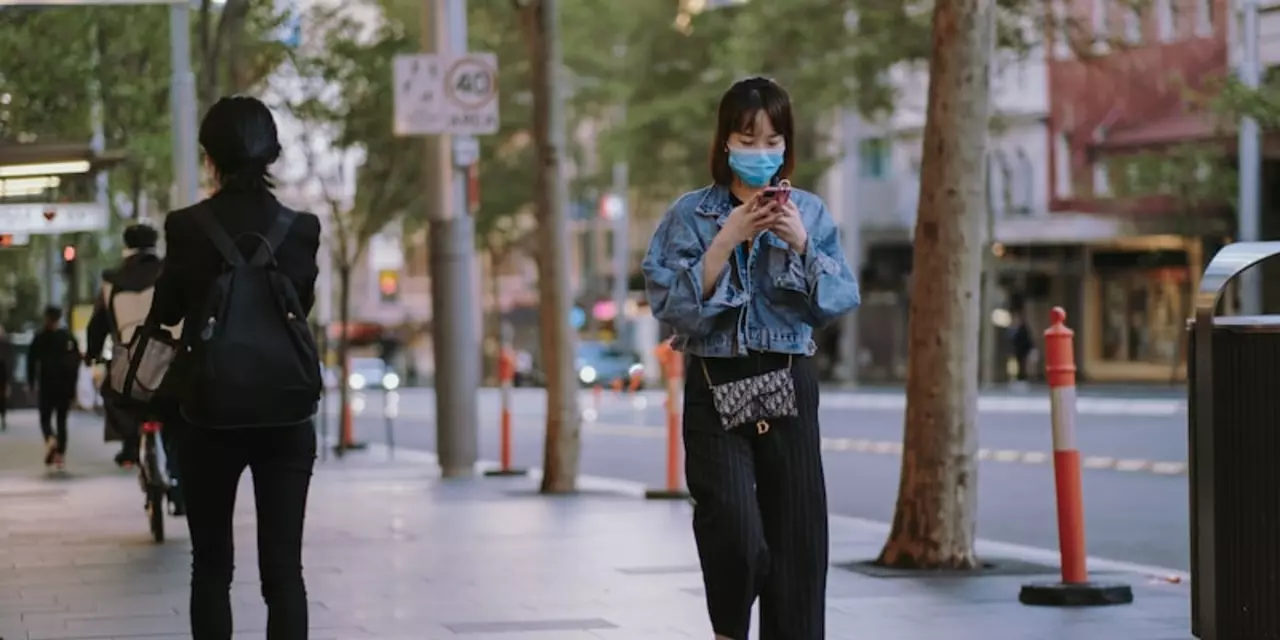Relaxation Tips for Civil Service Exam Prep
Preparing for the civil service exams can feel like a marathon with no finish line. The pressure builds, sleep gets short, and the mind starts to fog. The good news? Simple relaxation habits can clear that fog, sharpen your focus, and keep you energized. Below are practical, no‑fluff ways to unwind without losing study time.
1. Micro‑Breaks That Actually Work
Instead of scrolling through social media for fifteen minutes, set a timer for a 5‑minute micro‑break every hour. Stand up, stretch your arms overhead, roll your shoulders, and take three deep breaths. This tiny reset boosts circulation, eases tension, and tells your brain it’s safe to stay on task.
Try the "20‑20‑20" rule: after 20 minutes of reading, look at something 20 feet away for 20 seconds. It reduces eye strain, which many exam‑takers overlook. Those few seconds feel like a mini‑vacation for your eyes and mind.
2. Power Naps and Light Movement
A 10‑20 minute power nap can be a game‑changer. It’s long enough to clear the mental clutter but short enough to avoid grogginess. If you’re in a hostel or shared room, a sleep mask and earplugs help you sneak in that quick rest.
Pair the nap with a short walk around your study area. Walking boosts dopamine, the feel‑good chemical, and improves memory consolidation. Even a lap around the block before you hit the books can make the next study session more productive.
Other quick movement ideas include jumping jacks, a few yoga poses, or simply marching in place. The goal is to get the blood pumping, not to break a sweat.
3. Simple Mindfulness Practices
Mindfulness doesn’t require hours of meditation. Try a "one‑minute breath reset" before you open a new chapter. Inhale for four counts, hold for two, exhale for six. Repeat three times and notice how your thoughts settle.
Another easy trick is the "5‑4‑3‑2‑1" grounding exercise. Identify five things you see, four you can touch, three you hear, two you smell, and one you taste. This pulls you out of anxiety and back into the present moment.
4. Create a Relaxation‑Friendly Study Space
Clutter adds hidden stress. Keep only the essential books, notes, and a water bottle on your desk. A small plant or a calming picture can make the space feel less like a cold office and more like a personal nook.
Adjust the lighting to a warm, soft glow. Harsh fluorescent lights strain the eyes and make you feel tense. A desk lamp with a warm bulb does the trick without sacrificing visibility.
5. Hydration, Nutrition, and Music
Dehydration often masquerades as fatigue. Keep a reusable bottle within arm’s reach and sip regularly. Add a splash of lemon for a refreshing boost.
Snack smart: nuts, fruit, or a small piece of dark chocolate provide steady energy without the crash that sugary snacks cause. Pair your snack with low‑volume instrumental music; it can improve concentration while keeping stress low.
Finally, set a “no‑phone” window during your most intense study blocks. The constant buzz of notifications spikes cortisol, the stress hormone. Use that quiet time to dive deep, then reward yourself with a short scroll session during a break.
Relaxation isn’t a luxury; it’s a study tool. By weaving these short, effective habits into your daily routine, you’ll stay calm, retain more information, and walk into the exam hall with confidence. Give one tip a try today and notice the difference – your future self will thank you.
Posted by
Arvind Suryavanshi
0 Comments

The Covid-19 pandemic has affected people across the world, and India is no exception. A number of restrictions have been imposed to curb the spread of the virus, which has resulted in economic distress for many people. To help traders make up for some of the losses, the government has allowed relaxation of some of the restrictions during the festival of Bakrid. This will facilitate people to buy and sell items, and help traders conduct business.
read more